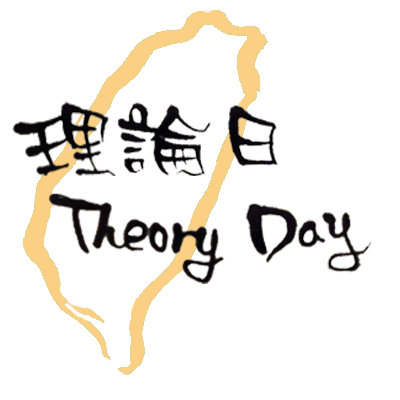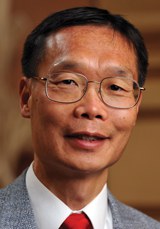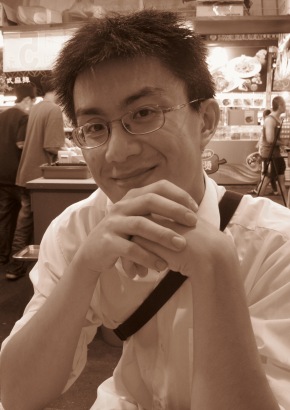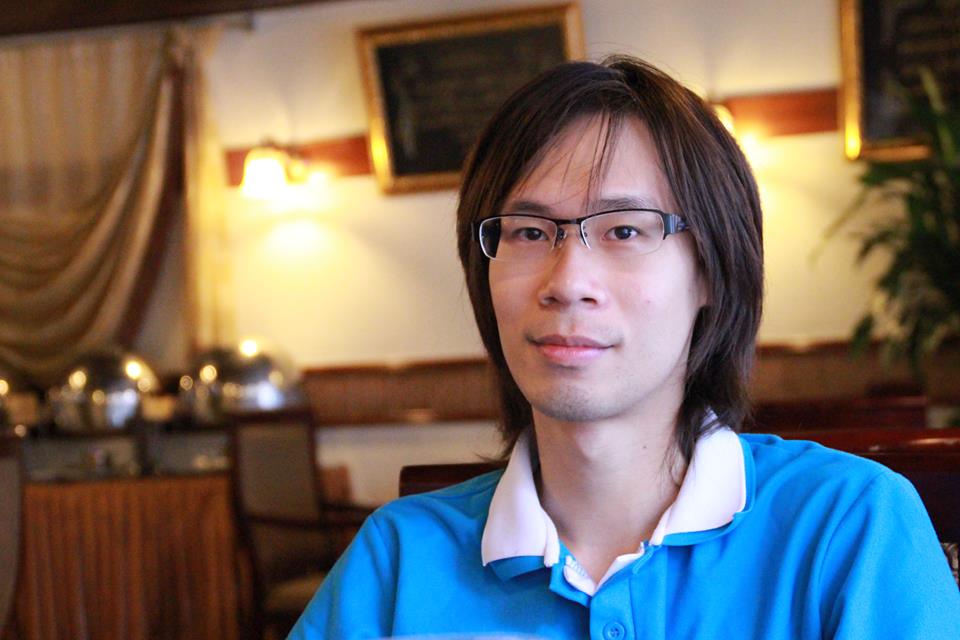Title: Geometric Algorithms for Biomedical Problems
Abstract: Computer technology plays a crucial role in modern medicine, health care, and life sciences, especially in medical imaging, human genome study, clinical diagnosis and prognosis, treatment planning and optimization, treatment response evaluation and monitoring, and medical data management and analysis.
As computer technology rapidly evolves, computer science solutions will inevitably become an integral part of modern medicine and health care.
Computational research and applications on modeling, formulating, solving, and analyzing core problems in medicine and health care are not only critical,
but are actually indispensable!
Recently emerging deep learning (DL) techniques have achieved remarkably high quality results for many computer vision tasks, such as image classification, object detection, and semantic segmentation, largely outperforming traditional image processing methods.
In this talk, we present new approaches based on DL techniques for solving a set of medical imaging problems, such as segmentation and analysis of glial cells,
analysis of the relations between glial cells and brain tumors, segmentation of neuron cells, and new training strategies for deep learning using sparse medical image data. We develop new deep learning models, based on fully convolutional networks (FCN), recurrent neural networks (RNN), and active learning, to effectively tackle the target medical imaging problems.
For example, we combine FCN and RNN for 3D biomedical image segmentation; we propose a new complete bipartite network model for neuron cell segmentation. Further, we show that simply applying DL techniques alone is often insufficient to solve medical imaging problems.
Hence, we construct new methods to complement and work with DL techniques. For example, we devise a new cell cutting method based on k-terminal cut in geometric graphs, which complements the voxel-level segmentation of FCN to produce object-level segmentation of 3D glial cells. We show how to combine a set of FCNs with an approximation algorithm for the maximum k-set cover problem to form a new training strategy that takes significantly less annotation data. A key point we make is that DL is often used as one main step in our approaches, which is complemented by other main steps.
We also show experimental data and results to illustrate the practical applications of our new DL approaches.




